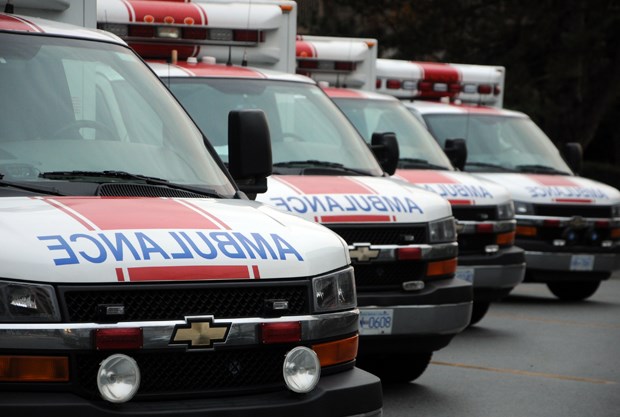Health care is an area of government few people will avoid in their lifetimes.
From the birth of children to end of life care – and everything in between – few areas of government will touch voters as personally as health care.
We caught up with candidates from the main political parties to explain their positions.
The NDP has come out with among the most ambitious health-care platforms.
What the party is proposing is “head to toe health care,” said Justine Bell, the NDP candidate in North Vancouver. Expanding health care to include universal pharmacare coverage for approved drugs is a key party platform. “So you can use your health card, not your credit card, to get the medication you need when you need it,” said Bell.
“We’ve also committed to dental coverage,” she added, along with supports for mental health care.
Their estimate for rolling that out is about $10 billion.
The Liberals are also promising to “move forwards towards a plan” for a national pharmacare program, said North Vancouver candidate Jonathan Wilkinson.
“People shouldn’t have to choose between food and drugs that they require because of health conditions,” he added.
Both the NDP and Liberals say Canada is currently paying among the highest costs for drugs of any country in the world and that bulk buying through a pharmacare program would result in significant cost savings.
While the NDP is promising a universal program paid by government, the Liberals are saying that a program is only needed to provide access for those who currently aren’t covered by other insurance programs.
“In Canada right now private companies pay for a lot of access to medications for their employees,” said Wilkinson. “If you go down the path of saying the government’s going to take all of that on, you’re offering a massive tax break for corporations.”
The Liberals are also promising a three per cent health transfer increase.
Similar to the NDP, the Greens are also promising to extend medicare to include universal pharmacare and a dental care program for low income Canadians.
“A lot of what we’re doing isn’t necessarily different from what the other guys are doing,” said George Orr, the Green Party candidate in North Vancouver.
The Green Party is also proposing decriminalizing drugs to help combat the opioid crisis, in a manner similar to countries like Portugal have done, said Orr. Stigma around drug addiction means “we drive [addicts] into the shadows and they die,” he said. “We can’t keep treating the bottom percentage of our society as disposable.”
The Greens would also like to expand midwifery services and bring in a “living will” that would allow people to say no to medical treatment.
Like the Liberals, the Conservatives have also promised to increase health transfer payments to the provinces.
“When we were in government, the transfer payments to the provinces doubled over that 10-year period,” said Andrew Saxton, Conservative candidate for North Vancouver.
The party is not promoting pharmacare, saying most people are covered through either employer or existing government programs. Those who aren’t should still have access to needed drugs, said Saxton.
The Conservatives have announced they would invest $1.5 billion in new imaging services such as MRIs and CT scans. “It’s very important we diagnose problems early so problems don’t get worse,” said Saxton. Saxton said it’s likely that some of that money would go to Lions Gate Hospital in North Vancouver.
The People’s Party of Canada advocates bringing in a model of health care that combines public health care with privatized models.



